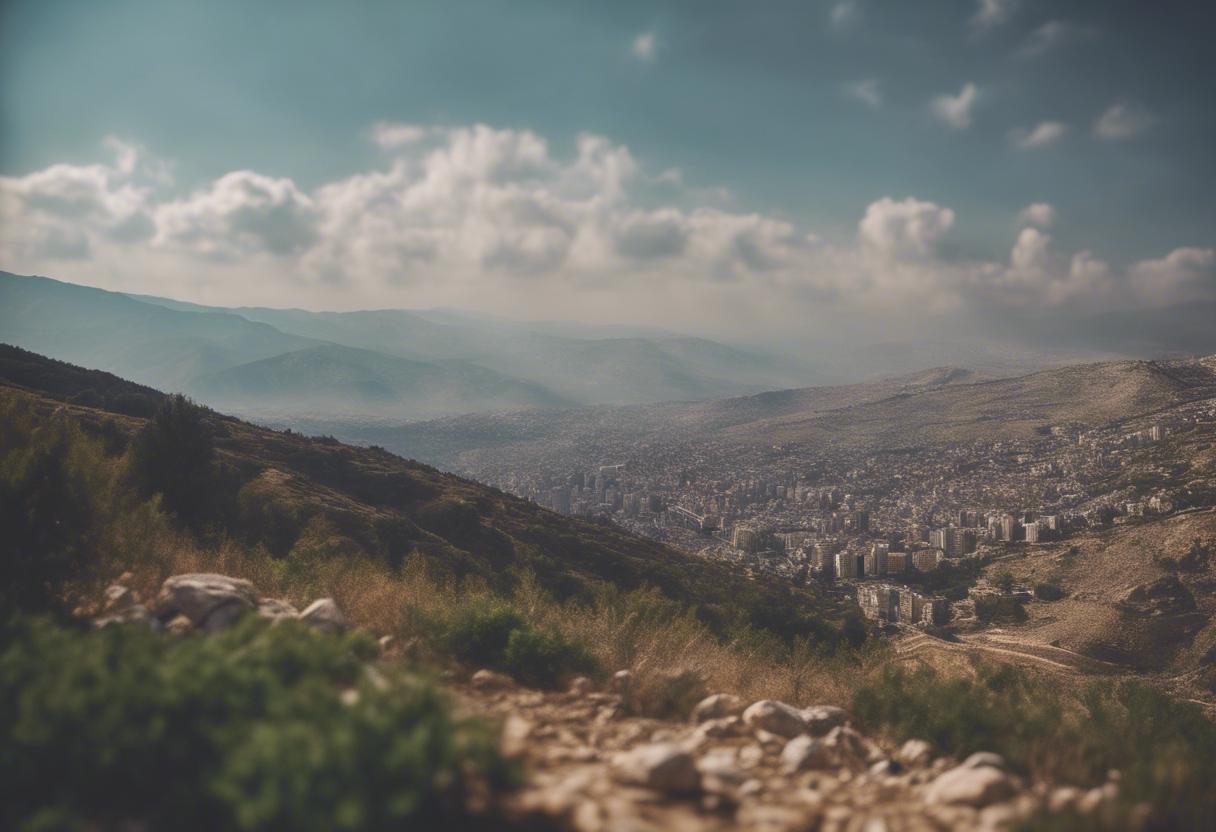In light of a confidential document, observed by the Financial Times, there are allegations suggesting that Israeli forces forcefully infiltrated a United Nations (UN) base which was clearly labelled. The report hints that these forces possibly utilised the fiery compound, white phosphorus, in close proximity, resulting in 15 peacekeepers getting injured. The dossier profiles multiple events where Unifil, a UN-authorised force present at the informal border between Lebanon and Israel, was assaulted by the Israeli Defense Force (IDF), which led to the damage to various facilities and injuries to the staff at the border check posts based in south Lebanon.
The UN team Unifil declared such occurrences as a “blatant violation of international law”. Contrary to these allegations, Israel has rejected the claims of intentionally targeting Unifil following the inception of its land invasion into South Lebanon during the initial hours of the 1st of October. At the point of publication, no response was received from the Israeli military regarding a comment request.
Israel has also been alleging that Hizbullah fighters are utilising UN forces as a human shield. Consequently, Israel has urged the UN to remove its peacekeepers from South Lebanon for safety reasons. However, Unifil and the 50 nation-states, including Ireland, contributing troops to it have collectively turned down this demand.
The actions of the Israeli forces have been universally condemned. Yet, Israel has remained resolved. Unifil revealed that on Sunday, a bulldozer belonging to the Israel Defense Forces blatantly destroyed a UN position’s observation tower and boundary fence in Marwahin.
Unifil has disclosed most events referred to in the classified report, which also offers additional details and pictures highlighting the degree of destruction caused to troop shelters, boundary walls, and observation towers at different bases.
The report further notes that Israeli forces initially carried out most of such incidents near the UN bases, but after the 8th of October began to directly aim at the Unifil bases.
During an incident on October 10th, an IDF Merkava tank targeted an observation tower at the global force’s base in Naqoura, leaving two peacekeepers wounded. According to the photographic evidence provided in the report, the impact resulted in a large hole in the tower, which, according to Richard Weir from Human Rights Watch, is indicative of a direct hit.
In another event on the same day, the IDF launched an attack on a UN bunker in Labbouneh, where Italian peacekeepers had sought cover. The report indicates the entrance of the bunker was targeted a day after the IDF has carried out drone surveillance operations and the position’s cameras had been taken down. The aftermath, illustrated in report’s photographs, included a heap of debris under a hole in a building corner.
Two IDF Merkava tanks breached the main gate of a base in the wee hours of October 13h, according to Unifil. The tanks departed 45 minutes following Unifil’s objections. Yet, a short one-hour later, several instances of fire were observed some 100m north of the base. It led to the emission of possible white phosphorus smoke, which affected the base and caused injuries to 15 peacekeepers. The report’s photographs illustrate tanks crushing the gates, entering the base, damaged border walls, and the lingering white smoke.
The IDF accepted that one of its tanks had reversed a few metres into the Unifil post, ascribing it to the under-fire evacuation of wounded soldiers. The IDF further claimed it created a smoke screen for cover. A Unifil source countered that if the tanks were indeed seeking refuge, it wasn’t due to a need for physical shelter as the tanks have better resistance to fire than their position.
Over the past year, Rights groups have recorded Israel’s use of white phosphorous in Lebanon. International law prohibits its use in densely populated areas. However, it is commonly used as a military strategy to create a barrier or force out rival troops, Weir explained. Israel has historically argued that its use of white phosphorus complies with international law. – The Financial Times Limited 2024
– Tune into our ‘Inside Politics’ Podcast for robust political discussions and evaluations.

